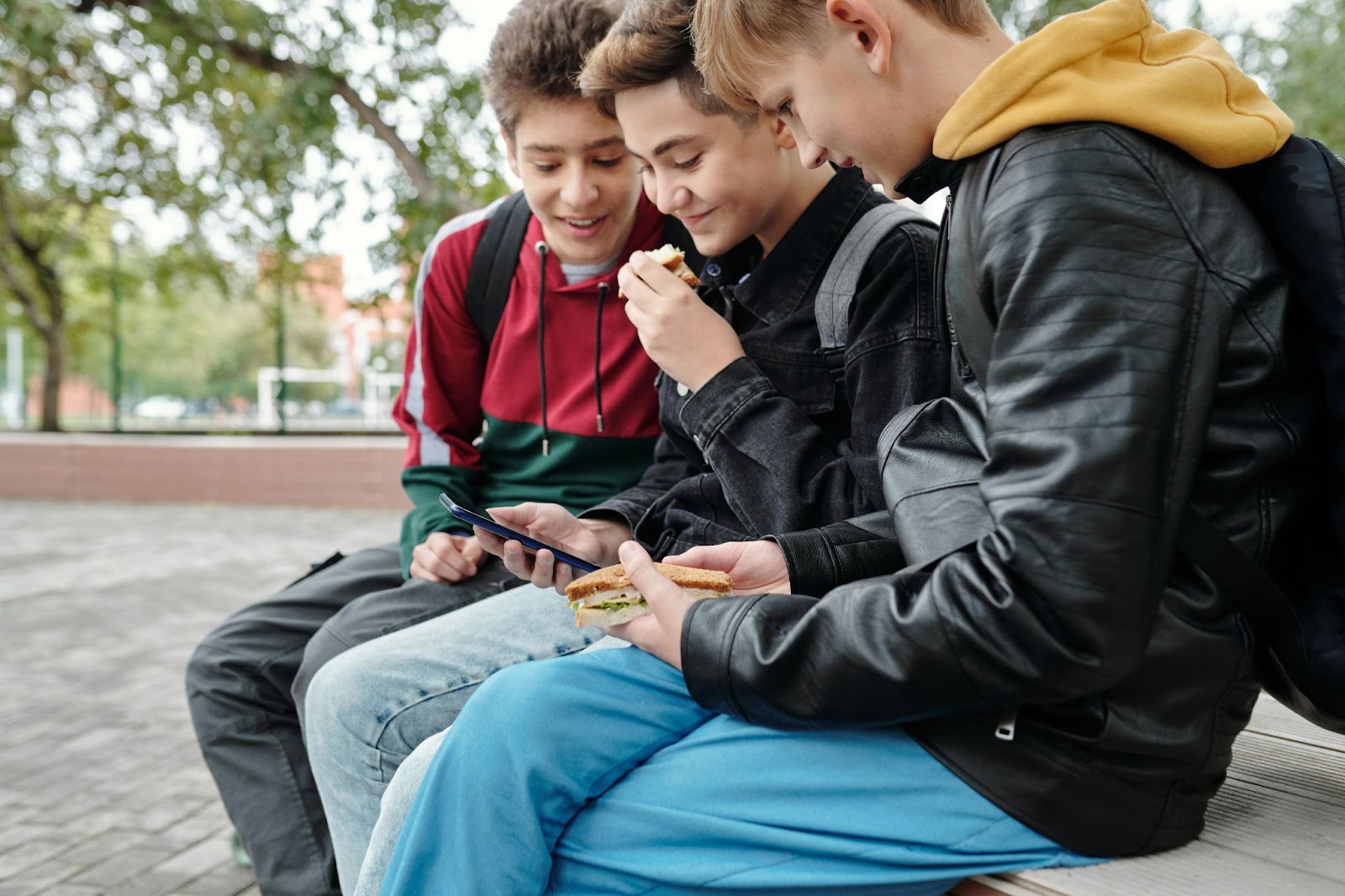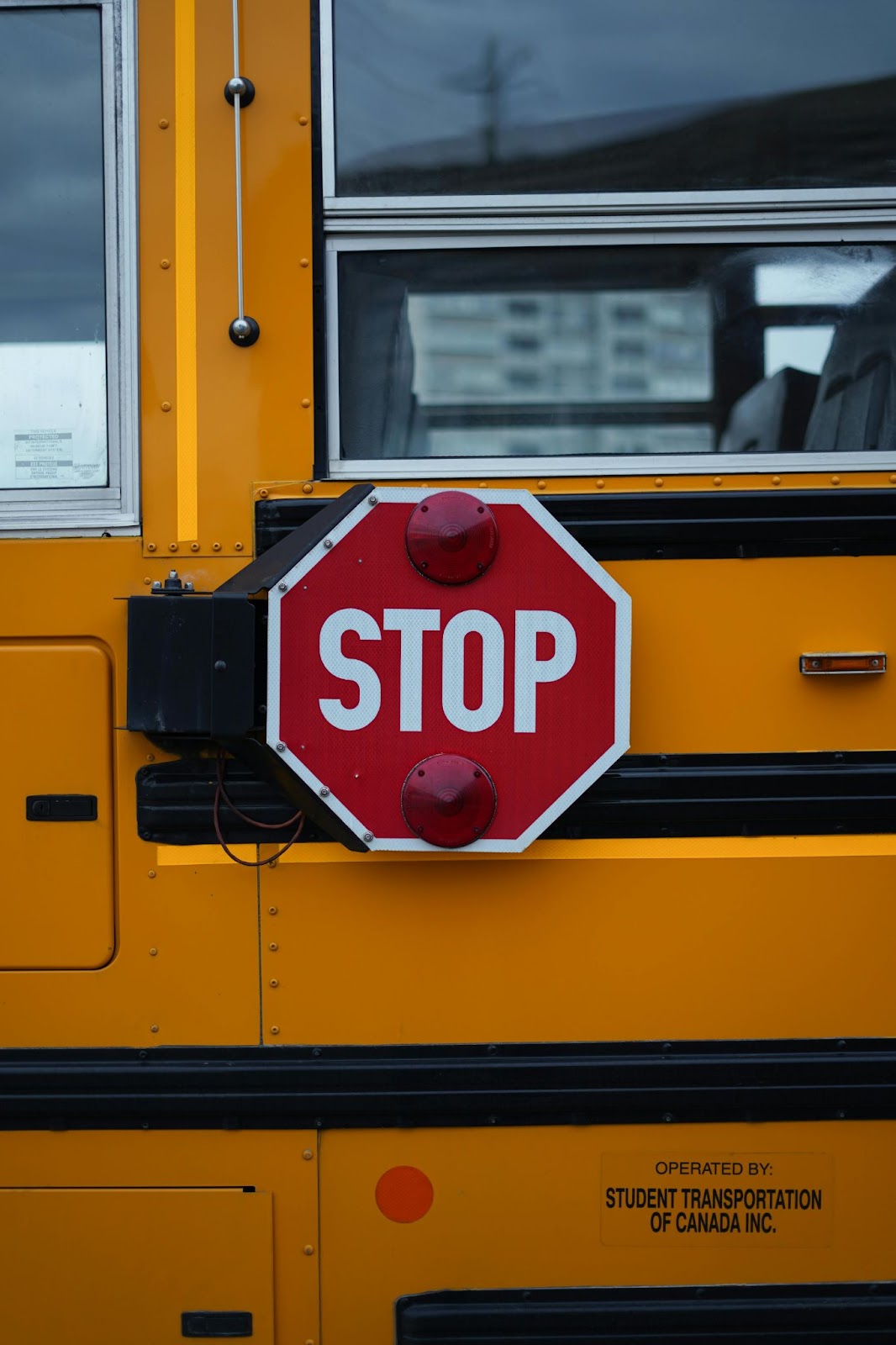Helping Your Child Navigate the Emotional Side of a Common Problem

When most parents think of head lice, they picture itching scalps, messy comb-outs, and laundry piles. But there’s another side to lice—one that isn’t talked about enough: the emotional toll it takes on kids and families.
For children, having lice at school can lead to embarrassment, teasing, or even exclusion from social groups. For parents, it may feel like judgment from other families or staff. The reality is that lice infestations aren’t just inconvenient—they’re often stigmatized, and that stigma can do real damage.
This post is here to change that. We’ll break down the roots of lice-related stigma, how to support your child emotionally, and how to move forward with facts, confidence, and the right professional support.
🐛 Why Lice Is About More Than Bugs
Lice are extremely common among school-aged children. Yet despite how frequent they are, many families still feel shame or discomfort around the subject.
Kids may:
- Feel gross or “dirty”
- Worry about losing friends
- Get teased by classmates
Parents may:
- Feel embarrassed
- Worry others will think their home is unclean
- Avoid telling others or delay treatment
But here’s the truth: lice is not a reflection of personal hygiene, parenting, or lifestyle. It’s a minor medical issue, not a moral one. And the sooner we treat it that way, the better for everyone involved.
📚 A Brief History of Lice Stigma in Schools
For decades, schools treated lice like a disciplinary issue. Kids were sent home and kept out until all nits were removed—sometimes for days or even weeks. These “no-nit” policies were based more on fear than facts.
Over time, lice became associated with:
- Poor hygiene or low income
- Neglectful parenting
- “Bad” behavior (e.g., sharing brushes or hats)
This misinformation spread through classrooms and playgrounds. Even today, some schools still enforce outdated policies or handle lice exposure in ways that isolate students rather than support them.
Thankfully, this is changing—but not fast enough. Combating stigma starts with correcting these long-standing beliefs.
🧠 The Facts That Help Dismantle Lice Shame
Let’s set the record straight with some science-backed facts:
- Lice are not caused by being dirty. In fact, they often prefer clean hair because it’s easier to grip.
- Anyone can get lice. It’s not linked to class, race, hygiene, or lifestyle.
- Lice don’t carry disease. They’re a nuisance, not a health hazard.
- Lice spread through head-to-head contact, not dirty environments.
Educating both parents and kids on these truths can go a long way in reducing judgment and fear. When people understand how lice really spread, they’re less likely to stigmatize those affected.
👨👩👧 How to Talk to Your Child About Having Lice
Open, supportive communication helps reduce anxiety and shame. Here’s how to talk to your child if they have lice:
🗣 Use Calm, Non-Blaming Language
Instead of saying, “Ugh, how did you get lice?” try, “Lots of kids get lice. We’ll take care of it together.”
📘 Explain What Lice Are (and Aren’t)
You might say, “Lice are tiny bugs that live in hair. They don’t make you dirty—they just need a warm place to live.”
🤝 Give Them a Role
Let them help with combing, tracking treatments, or packing away brushes. It gives them some control and makes it feel less scary.
💬 Practice Responses
If your child is nervous about going back to school, role-play with them:
“Yes, I had lice. It happens a lot. We treated it, and I’m okay now.”
Confidence and clarity can help protect them from teasing.
🙅 What to Do If Your Child Is Teased or Excluded

Despite your best efforts, some kids may face teasing or exclusion after a lice outbreak. Here’s how to handle it:
🧠 Validate Their Feelings
Let your child know it’s okay to feel hurt or embarrassed. Saying “It’s not a big deal” might minimize their experience. Try instead:
“I know that was hard. Some kids just don’t understand.”
🏫 Communicate with School Staff
Reach out to the teacher or counselor. Request that they:
- Share factual information about lice with the class
- Address teasing without naming your child
- Enforce respectful behavior around health issues
🛡 Rebuild Confidence
Remind your child that they’re not alone. Share how millions of kids get lice every year. Remind them that it’s temporary—and it says nothing about who they are.
🧒 More Tips to Rebuild Your Child’s Confidence After Lice
Even after treatment, many children may carry lingering feelings of embarrassment, especially if they were teased, excluded from group activities, or felt “different.” You can help restore their self-esteem in simple, daily ways:
- Reframe the experience positively. Let them know they handled an uncomfortable situation with courage and maturity.
- Encourage open conversations. Ask how they’re feeling about returning to school and give them space to share any concerns.
- Celebrate being lice-free. Turn the moment into a fresh start—maybe with a fun new hairstyle or hairbrush to mark the occasion.
- Affirm their resilience. Say things like, “You stayed calm, followed treatment, and now it’s behind us. That’s something to be proud of.”
If your child still seems anxious, a quick talk with the school counselor or a trusted teacher can reinforce that they’re supported at school, too.
🏫 How Schools Can Help Reduce Lice Stigma
Schools play a major role in normalizing how lice is discussed. Here’s how educators can help:
- Shift from punitive to educational messaging
- Avoid sending mass emails that create panic
- Don’t single out students or send them home unless live lice are present
- Offer neutral information sheets for all parents
- Partner with professional lice removal services to provide accurate, timely support
The more schools promote compassion and facts over fear, the safer students will feel during an already uncomfortable experience.
📢 Promote a Culture of Understanding in Your Community
One of the best ways to reduce lice stigma isn’t just treating it after it happens—it’s proactively building a culture that treats lice like the common issue it is. Here’s how:
- Add lice facts to parent newsletters during back-to-school or seasonal health updates
- Host a “Lice Awareness” Q&A for parents and staff featuring a lice specialist or nurse
- Include respectful, inclusive language in all communications (e.g., “head checks” instead of “lice outbreak”)
When we treat lice with neutral, medical language—just like we do with the flu, pinkeye, or allergies—we remove judgment and reduce fear.
💬 How to Normalize Lice Conversations at Home and in School Communities
One of the best ways to eliminate stigma is to talk about lice before it happens—not just after. Treating lice as a normal part of childhood health helps kids and adults respond with calm instead of shame.
👪 Start the Conversation at Home

You can begin by:
- Reading age-appropriate books about lice together
- Casually bringing it up during school prep conversations
- Sharing the fact that millions of families deal with lice every year
Try something like:
“Lice is kind of like catching a cold—it happens to lots of kids. And just like a cold, we can take care of it and move on.”
🧑🏫 Encourage Open Dialogue with Other Parents
Instead of whispering about lice at pickup, say:
“Just a heads-up—we dealt with lice this week. I wanted to let you know so you can check your child too.”
This sets an example of responsibility without shame—and helps stop the spread.
📚 Advocate for Classroom Education
Talk to school staff about:
- Sharing accurate lice facts in newsletters
- Hosting optional Q&A sessions
- Promoting respectful, neutral language when discussing health
Normalizing lice in school messaging keeps kids informed—and reduces teasing or isolation when it happens.
🧑🔬 Why Professional Support Makes a Difference
Beyond removing lice, professional services like LiceDoctors help remove stigma.
Here’s how:
- We offer in-home lice treatment, which provides privacy and discretion
- Our technicians are compassionate and non-judgmental—no shame, just support
- We use a natural lice treatment near you, without chemicals or fear tactics
- Parents get step-by-step education and peace of mind
📞 Don’t wait and wonder—call 800-224-2537 to book lice removal appointment and let us help your family move forward with confidence.
Dealing with lice is hard enough—but when you factor in emotional stress, misinformation, and fear of being judged, it can feel overwhelming. That’s where a professional lice removal service like LiceDoctors comes in.
Our technicians understand the science of lice—and the psychology behind it. We arrive quietly, treat discreetly, and educate you every step of the way. We also make it simple: no expensive gadgets, no harsh chemicals, and no long waits for a clinic appointment.
For kids, having someone kind and confident handling the process helps them feel safe. For parents, it’s a relief to stop guessing and know you’ve chosen a trusted option that works.
With more than 600,000 successful cases treated, we know how to help without adding pressure. Our in-home lice treatment is fast, thorough, and backed by a guarantee. LiceDoctors removes lice—and lifts the burden.
🧘♀️ Final Thoughts: Everyone Deserves Grace
Lice can affect any family, any child, and any school. But what matters most isn’t how it starts—it’s how we respond.
Respond with grace. Respond with facts. And respond with a reminder that your child’s worth isn’t tied to something as small as a bug.
Whether you’re managing lice now or preparing for the future, LiceDoctors is here to walk alongside you—judgment-free, pressure-free, and fully prepared.
Because lice happens. But shame doesn’t have to.
In a world where kids are constantly under pressure to look and act a certain way, being singled out for something like lice can be especially hard. As parents, teachers, and caregivers, our job is to protect children not just from pests—but from shame.
So when lice strikes, lead with facts. Act quickly. Stay calm. And never let your child believe it says anything about who they are.
📞 Call 800-224-2537 to book lice removal appointment and show your child what compassionate care really looks like.



.webp)
